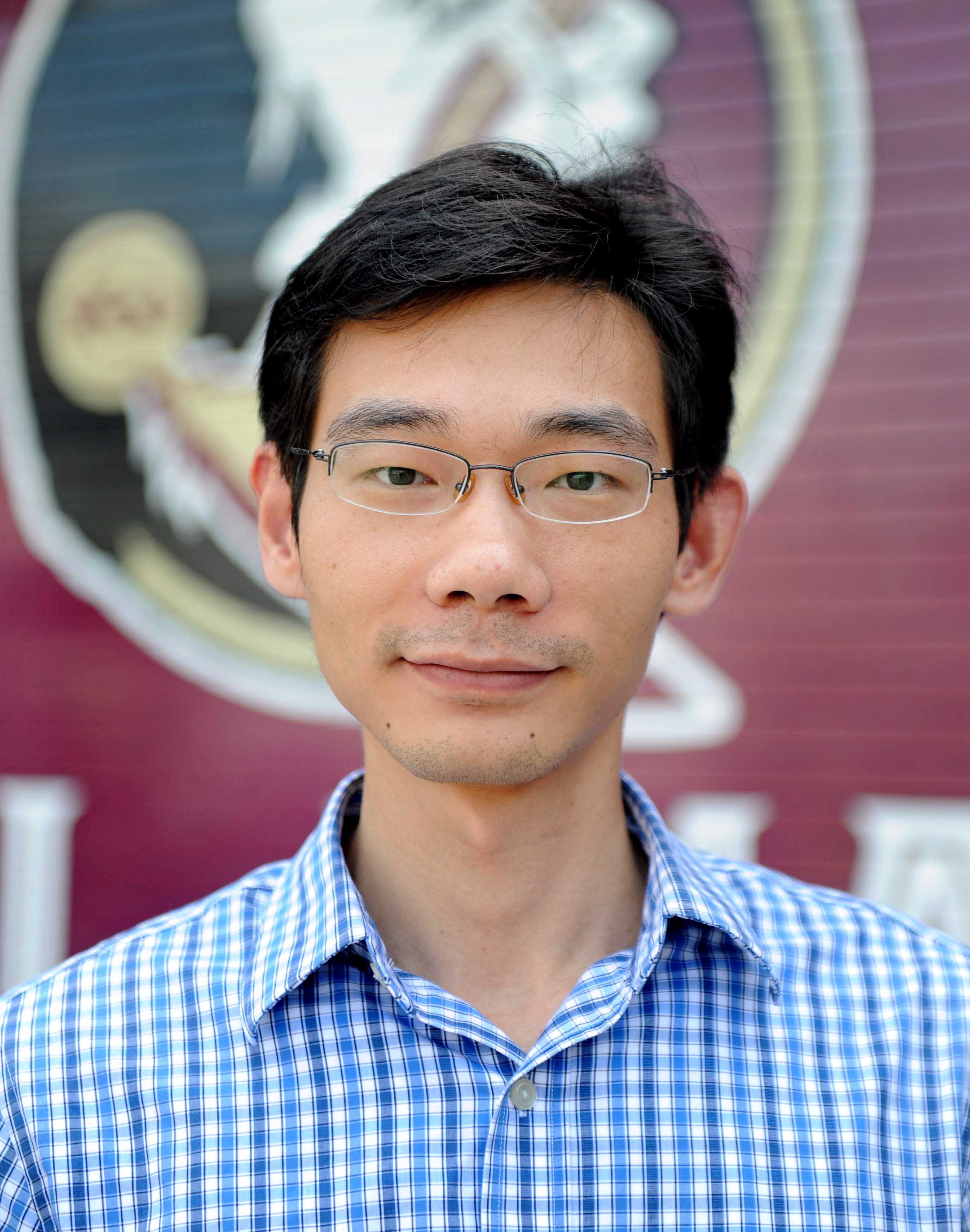
Jie Yang, assistant professor in the Department of Computer Science, has been granted a four-year, $200,000 National Science Foundation Award for his project, “Exploiting Fine-grained WiFi Signals for Wellbeing Monitoring.” He was also granted with a one year ARO/Stevens grant for his project entitled, “Making Inferences of Physical Properties to Enhance Wireless Security.”
The NSF continuously grants awards to deserving faculty members at prominent universities in support of various research efforts. The ARO is the Army Research Office which grants awards for innovative research on mobile wireless security.
Professor Yang joined the Florida State computer science faculty after receiving his Ph.D. degree in Computer Engineering at Stevens Institute of Technology in 2011. His research interests include cyber security and mobile computing, with an emphasis on wireless security, smartphone security and applications, location systems, mobile healthcare and vehicular applications.
For his first current project, Professor Yang will seek to exploit the capabilities of WiFi technology in order to capture changes in the environment and human beings. These capabilities open the door for a range of monitoring including things such as human breathing, heart rates, and daily activities. This is research that can have a substantial impact in healthcare, as it frees the individual from active monitoring by a license professional or other forms of wearable monitoring systems. Something as complicated as detecting the onslaught of a disease can be as simple as a few innovations to existing WiFi infrastructures.
As Yang states, “The proposed WiFi-enabled wellbeing monitoring not only advances and extends the applications that could be supported by WiFi networks but also enables easy and large-scale deployment in non-clinical settings due to the proliferation of WiFi networks.”
The 2nd award is to finish the third year of a three year project to find new ways to deliver securable data across hostile military environments. This all to prevent eavesdropping from oppositional forces in combat along with other potential uses.
Once again Yang states, “The proposed research work highlights the importance of new paradigms for securing wireless systems that takes advantage of unique physical properties to thwart security threats without requiring overhead to wireless devices.”
Once again congratulations to Dr. Yang for his outstanding research efforts.

